‘Moment my world came tumbling down’: Silent silicosis epidemic killing young tradies
Kyle Goodwin was a teenager when he landed a plum apprenticeship — but he had no idea his dream job would be a killer.
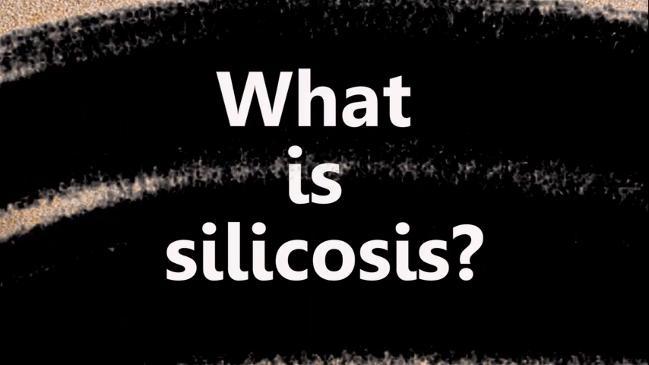
I ended up in stonemasonry by chance. I went for an interview as a boat mechanic but the employment agency said, “You’ve got a bit of background in rural life (I grew up working at the Mullumbimby co-op selling fertilisers and that kind of thing) — would you be interested in stonemasonry?”
I said, sure, I’ll have a crack, and I enjoyed it. The hands-on approach and the accuracy — cutting kitchen benchtops isn’t like working with wood. You can’t add anything to it. You have to be precise, your skills have to be there, and my skills were there, and I honed those skills and got very good at that job.
There was a lot of work. Everyone from young renovators to big developers wanted stone benchtops in their kitchens — still do.
The dust was heavy, it was thick, and it was everywhere. My car seat and my couch, if you hit them there would be a cloud of dust. It followed you everywhere. It was so fine you couldn’t get away from it.
We were all concerned about it, but you know what it’s like as a young bloke doing your apprenticeship — you don’t know any better.
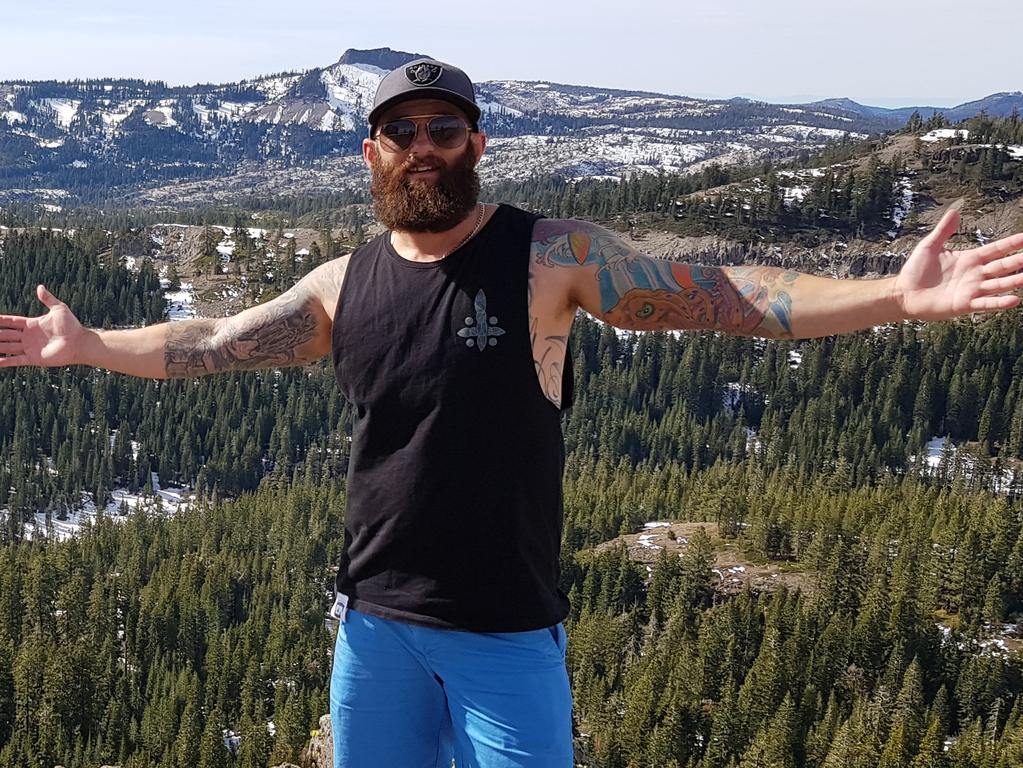
There was a lot of camaraderie. The guys I worked with were family to me. We spent 60 to 70 hours a week in the shed together then we’d go out most weekends too.
Life was good. I had a girlfriend, we’d moved into our new place together, I was enjoying a healthy, happy life.
But that dust has taken a toll. Nearly every one of those boys has now been diagnosed with silicosis. I’ve been watching the collapse of tough young men, their spirits are being drained.
It’s heartbreaking.
I’ve had grown men on the phone to me in tears, guys who have no other industry or professional skills crying on the phone to me asking how they’re going to provide for their young families. These guys went straight from school to this job, it’s all they know how to do.

I’d been out of the industry a couple of years when I heard about former colleagues getting diagnosed. I thought I’d be fine, but one day I was at work and one of my former apprentices and close friends messaged me asking, “Have you been checked?” I said, “Nah mate, I’m sweet.” He goes, “Dude, get checked, I’ve been checked. I’m f**ked.”
He left the industry about the same time I did, and he worked in it a lot less than I did, so I got really freaked out.
Within an hour I left work and was at the GP getting a referral. A few days later I got the results and it just crushed me. My whole world came crumbling down.
At that point it was how bad is it? Am I gonna die soon? I’ve got a bit more clarity now and it’s not happening tomorrow, but at that moment you didn’t know.
We’ve since had a death, about a month ago, and the guy was in his 30s. It’s made everyone go, “F**k, it’s real!”
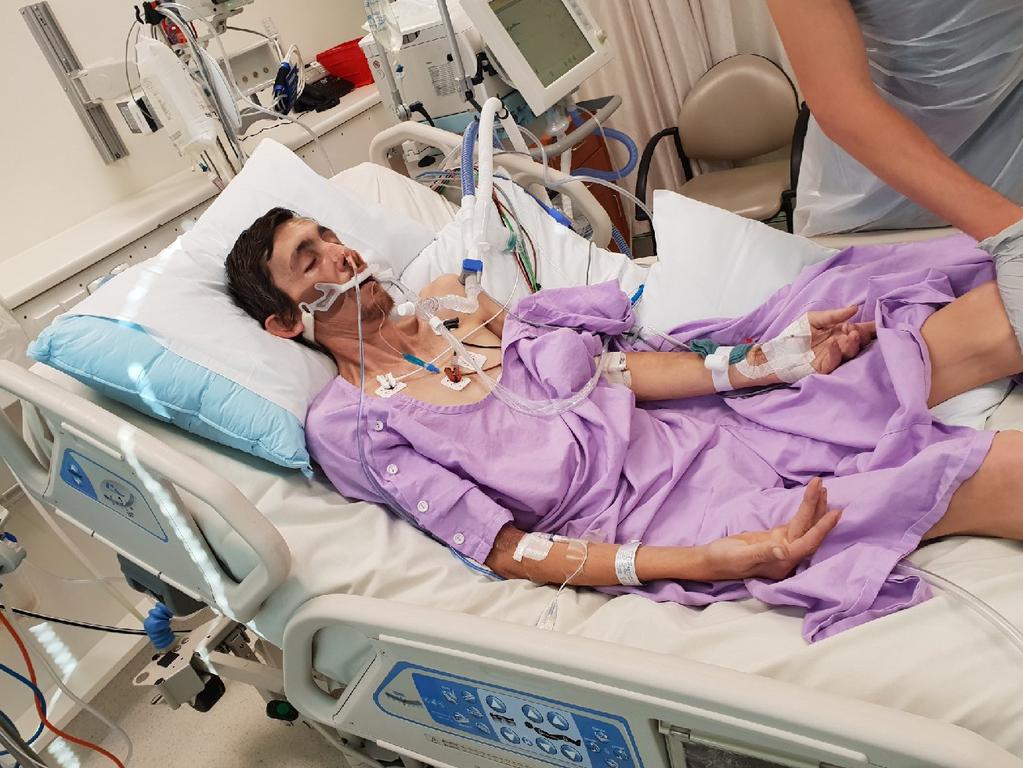
The mental toll is the biggest. The mental toll is massive. You question every moment, every time you start coughing or anytime you’re out of breath. Straight away it’s on your mind, is this the disease?
There was a real defeated attitude there for a while. You know, “What’s the point with anything in life anymore? I’m gonna die soon anyway.”
It crushed me mentally and crushed my attitude toward life for a period. It has also taken a huge toll on my relationship, which was in the early stages at the time of diagnosis and robbed us of pure happiness in our first year together.
I have turned to alcohol, to drugs. I’ve tried to block everything out from my world. That’s me. I turn to numbing solutions.
I’ve had a hard couple of years. I got divorced, we had a suicide in the family, then my mum’s partner Merv got diagnosed with cancer.
Mum was helping battle Merv’s terminal cancer and I ring and tell her I’m dying too? It’s been hard.
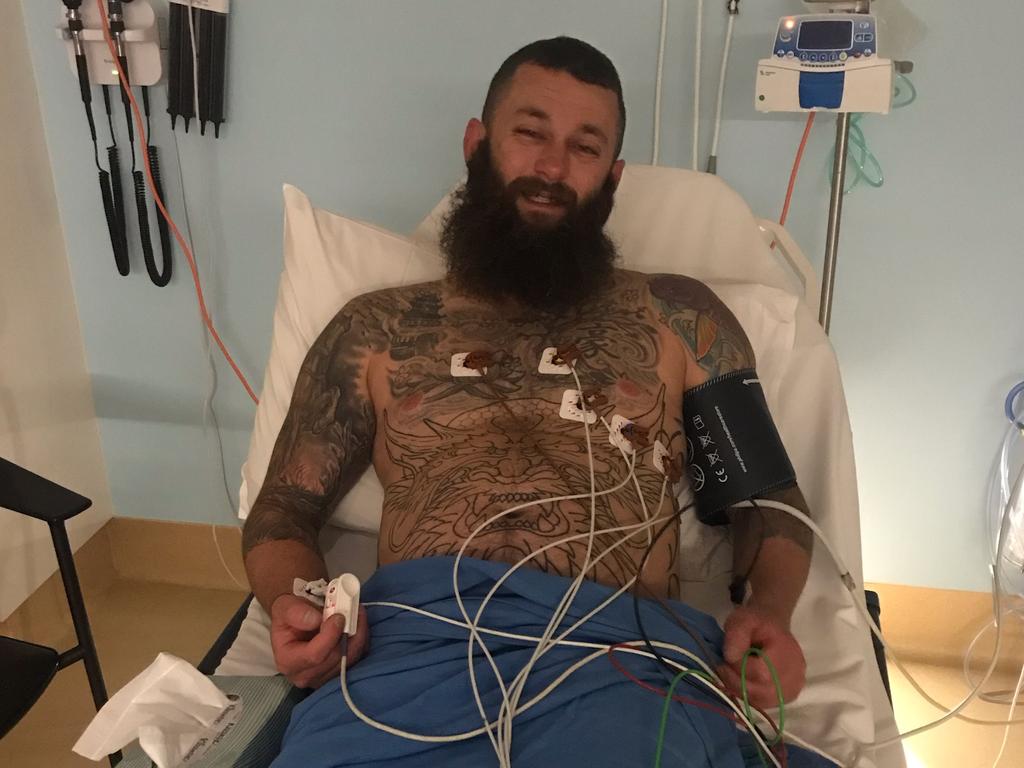
In the lead-up to every GP appointment I get crippling anxiety and depression: Is this going to be where they tell me it’s gotten a lot worse?
With no available treatment for silicosis you can only think of deterioration. It’s not like they put you on medication or treatment. So coming into an appointment there’s no chance maybe the stuff has worked and I’m getting better.
There is no thought of getting better because there is no treatment and that’s what makes me so angry.
At the end of the day this will be what kills me.
Even today’s specialist was like, look, you’ve probably got eight years until you need a lung transplant and if that doesn’t happen, that’s it.
I’m 33 years old. To get told you’ve got eight years to live it’s f***ing hard.
As far as compensation goes, your only option is to sue your employer for exposure.
For me, there is no compensation. For me, I just want to see things change so another generation doesn’t go through this.
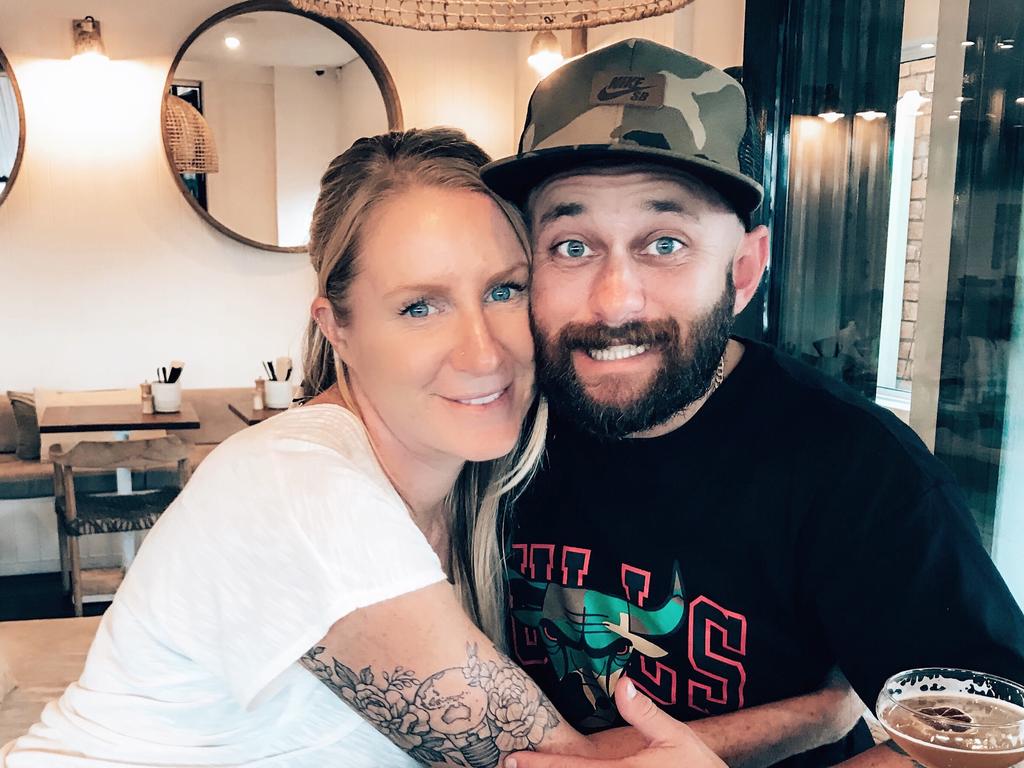
I’ve got mates in their 20s who are copping this.
You shouldn’t get diagnosed with a preventable industrial disease in your 20s in 2019. Are you kidding me?
And it’s all good and well to say we’re working on changing things, but why is this even happening? Why are young guys even being diagnosed? Why is the “safe” level of silica you can inhale in Australia four times higher than what is allowed in the USA? Why aren’t we reaching those levels of safety that countries like America are reaching?
Even now with so many people diagnosed, why aren’t they putting immediate measures in place?
Change it. I get it will cost the industry lots of money, but for me, you can’t put a price on people’s wellbeing.
Silicosis is an aggressive and incurable form of lung disease that is likely to become Australia’s next occupational lung disease crisis following on the from the James Hardie asbestos saga. The condition is caused by inhaling silica dust, which is contained in construction materials such as concrete, bricks, tiles, sandstone and granite. According to the Cancer Council, 587,000 Australian workers were exposed to silica dust in 2011, and about 5758 of these are estimated to develop lung cancer in the future as a result of that exposure.
Jed Smith is a freelance writer. Continue the conversation @Jed_J_Smith



